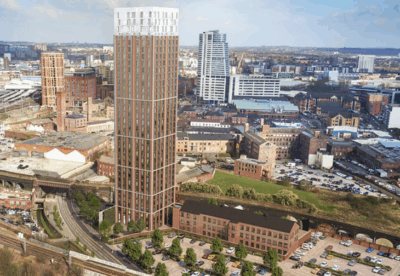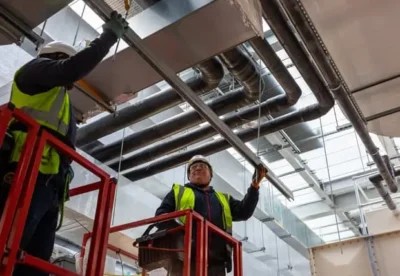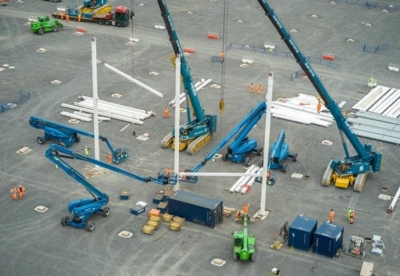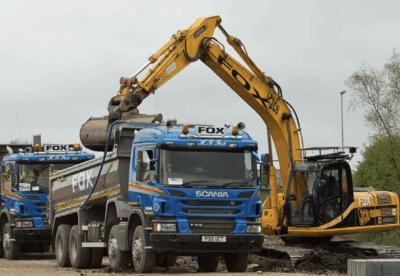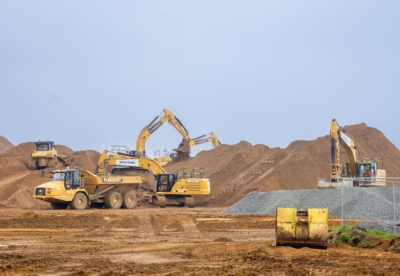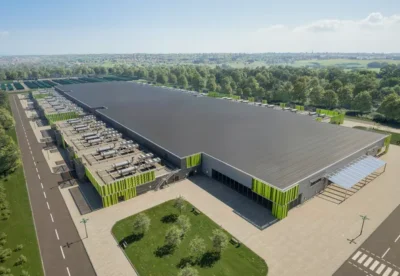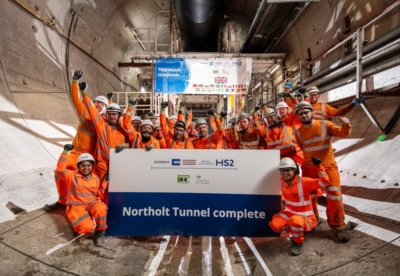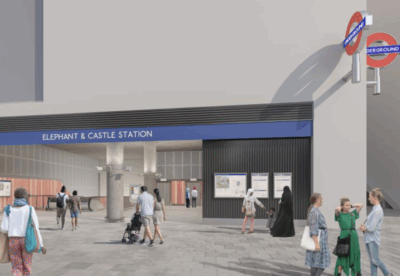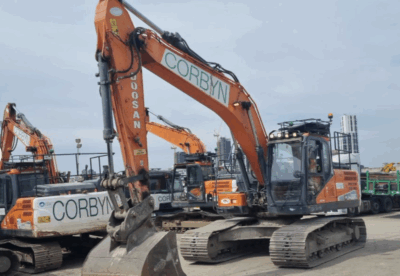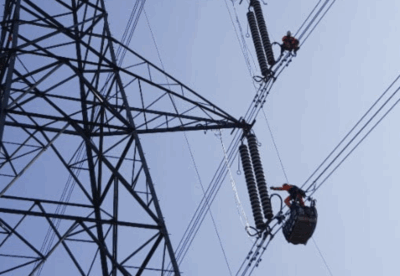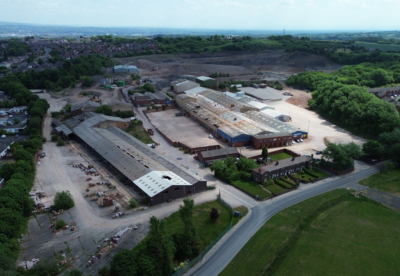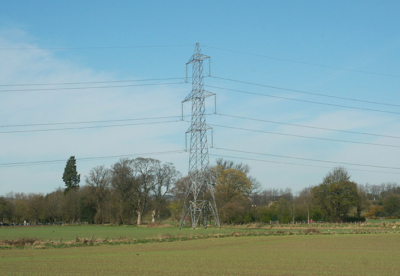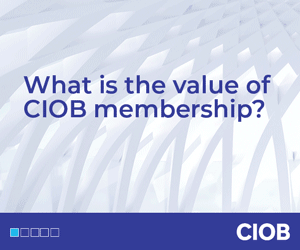According to an EC Harris study dispute values jumped from £6.6m in 2011 to £17.7m last year and now drag on four months longer than they did in 2011.
The firm said the sudden jump was likely to be been influenced by its team working on an unusually high number of disputes on major programmes of work.
Construction disputes now take on average 12.9 months to be settled compared to 8.7 months the year before.
The extended time it takes to resolve rows was put down to construction courts
now ordering mediation in the first instance in the majority of cases.
The most common cause of dispute was a failure to properly administer the contract.
Top five causes of construction disputes
1. Failure to properly administer the contract
2. Failure to understand or comply with contractual obligations
3. Employer imposed change
4. Conflicting party interests
5. Incomplete and/ or unsubstantiated claims
Taking the top five as a whole, disputes tend to be attributable to parties taking a less collaborative approach to projects than in other parts of the world.
For example, the employer imposing change and conflicting party interests feature highly.
One of the highest profile disputes last year involved the construction of the Shard in London.
The dispute between steelwork companies Cleveland Bridge UK and Severfield-Rowen Structures first came to light in early 2010, but was only resolved in January 2013 following a lengthy dispute that ended up in the High Court.
Cleveland Bridge was ultimately ordered to pay o £824,478 in damages to Severfield-Rowen for delays and defects which were estimated to cause a delay of 42 days on the Shard’s construction.
This year’s report Global Construction Disputes: A Longer Resolution also found greater joint venture working was leading to more disputes within project teams.
On the international stage, one in five disputes were driven by conflict within a joint venture team.
Gary Kitt, head of Contract Solutions, UK at EC Harris said: “Joint venture agreements are becoming more prevalent, particularly where a project is of such a large size and scale or there is a need because of licensing requirements for a local JV Partner.
“These JVs are causing a significant number of cases, so more needs to be done in order to ensure that the JV itself does not end up in dispute.”
Despite the increase in dispute values, the UK is still below the global average which stands at £20.4m.
The Middle East continued to experience the highest value disputes at £41.8m, whilst disputes in the US had the lowest value at £5.8m.

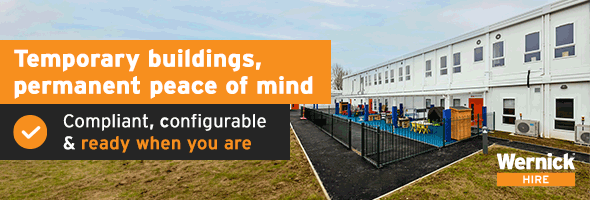





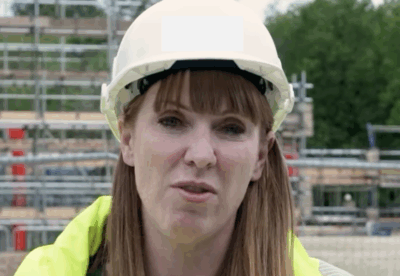
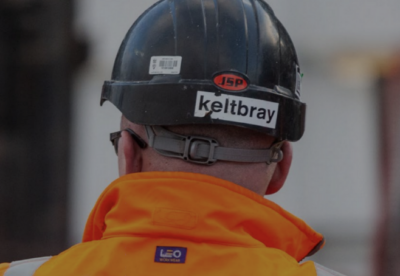
 (300 x 250 px) (2).png)




